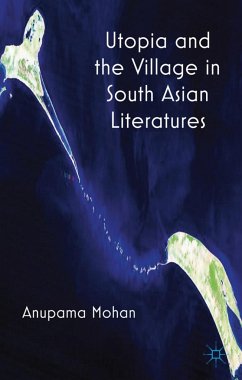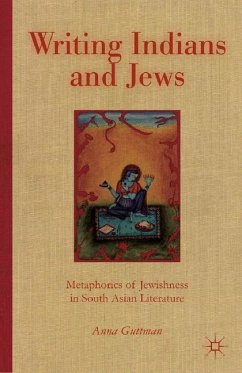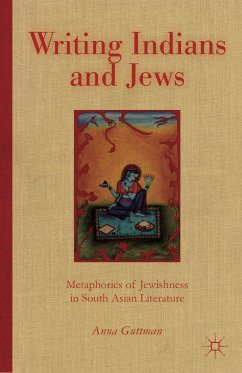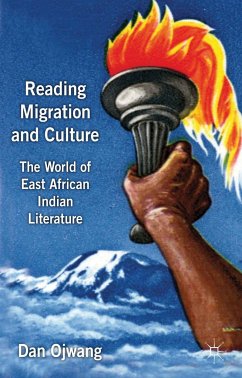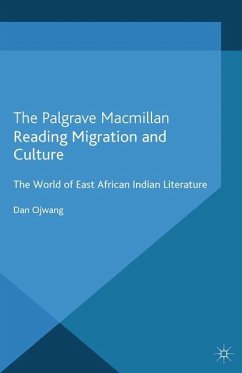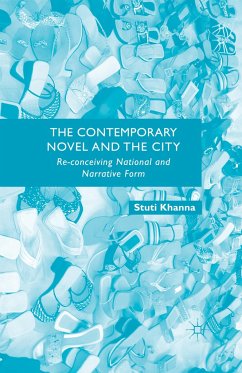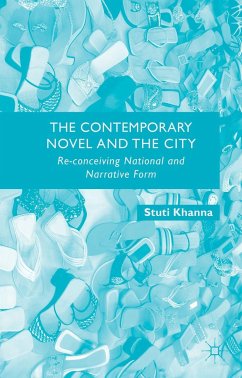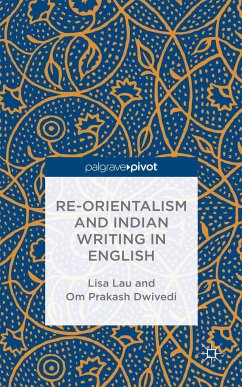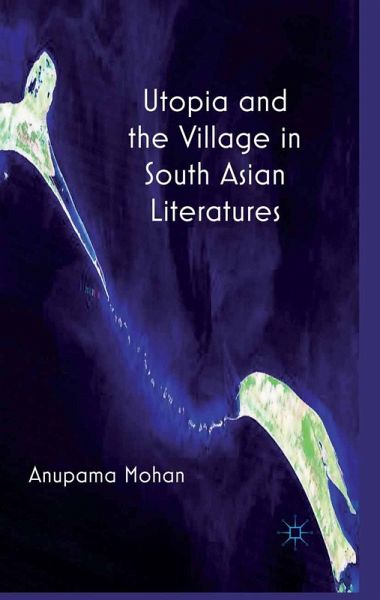
Utopia and the Village in South Asian Literatures
Versandkostenfrei!
Versandfertig in 6-10 Tagen
38,99 €
inkl. MwSt.
Weitere Ausgaben:

PAYBACK Punkte
19 °P sammeln!
Shifting the postcolonial focus away from the city and towards the village, this book examines the rural as a trope in twentieth-century South Asian literatures to propose a new literary history based on notions of utopia, dystopia, and heterotopia and how these ideas have circulated in the literary and the cultural imaginaries of the subcontinent.



